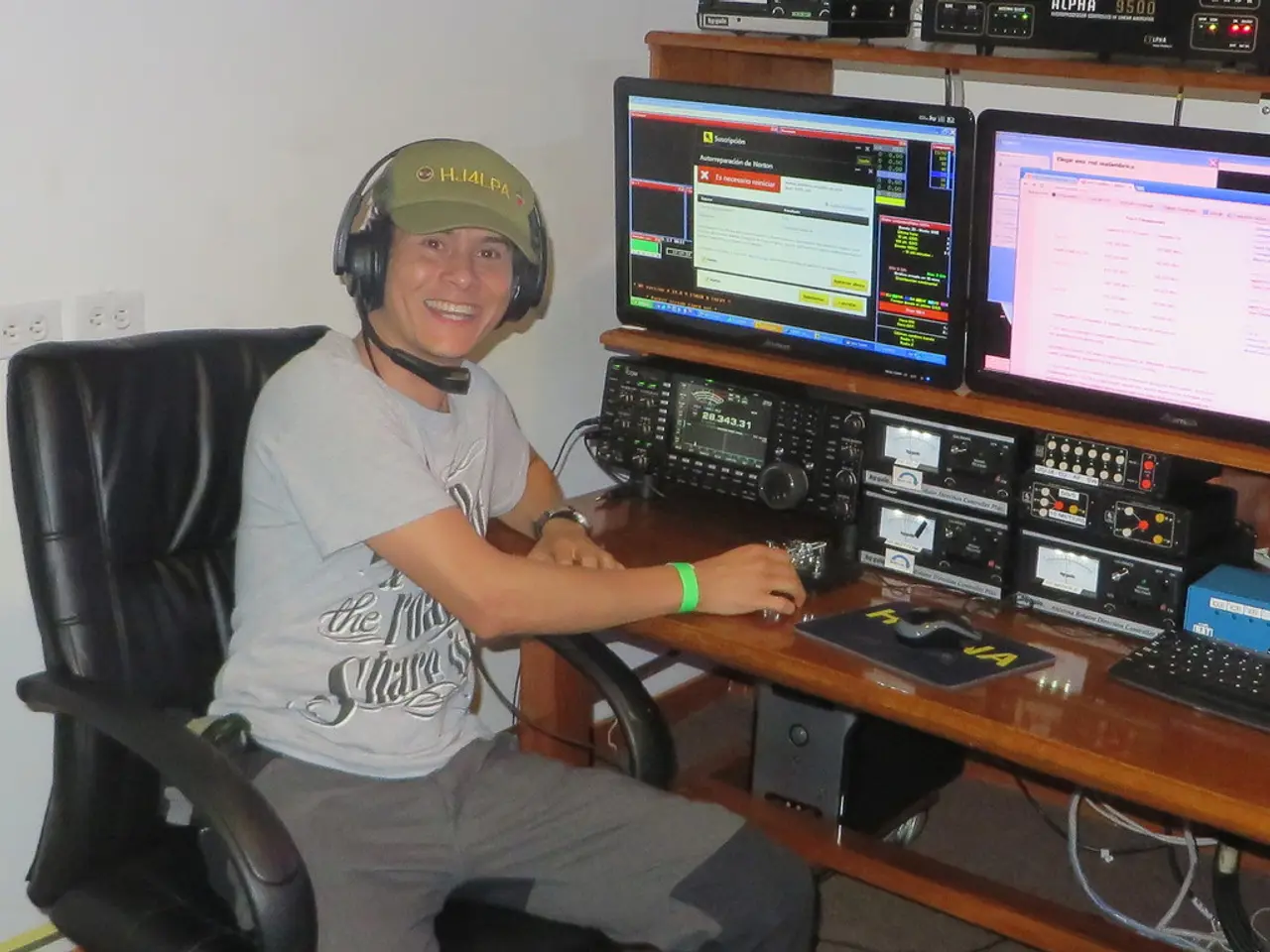Computer with Capacity to Predict Speech Before User Articulates
**No Verifiable Evidence of Mind-Reading Computer Research by Professor Yamazaki**
A recent claim about Japanese scientist Professor Yamazaki Toshimasa at the Kyushu Institute of Technology working on a mind-reading computer has been circulating, but a closer look at the evidence reveals a lack of substantiation.
Mind-reading computers, systems that decode human thoughts or intentions for direct brain-computer interaction, are a topic of active research in neuroscience and artificial intelligence. Major advancements have been made using technologies such as electroencephalography (EEG), functional magnetic resonance imaging (fMRI), and implanted electrodes to decode speech, imagery, or motor intentions from brain signals. However, these systems are currently limited to controlled laboratory settings, with practical applications still in early stages.
The claim about Professor Yamazaki's research appears to stem from an unverified Instagram reel, but there is no indication from academic databases, university profiles, or reputable news outlets that he has published work in this field. The Instagram reference lacks specific details, methodology, or publication, and there is no corroboration from credible scientific sources. Social media posts often misrepresent or exaggerate scientific claims, especially in areas like "brain activation" or "mind reading."
However, it is worth noting that previous research has shown the ability to "guess" what a person had heard by decoding brainwaves, as well as fMRI imaging that allowed researchers to reconstruct visual images based on brain activity. These advancements suggest that the field is rapidly progressing.
In a separate instance, a team of Japanese scientists, led by Professor Yamazaki, conducted an experiment involving participants reading selected words. The scientists measured brain activity using an electroencephalogram (EEG) during the experiment. Each spoken syllable produced distinct brainwaves according to the researchers, and the brainwaves associated with spoken words appeared up to two seconds before the participants actually spoke the words. If this technique is improved, potential applications include operating computers or robots using thoughts, communicating without speaking, and providing voices to those who cannot speak.
Despite the intriguing possibilities, it is crucial to approach such claims with a critical eye and seek out credible, peer-reviewed scientific literature for accurate information. If you are seeking information on academic progress in brain-computer interfaces and mind decoding, look to established researchers and institutions with peer-reviewed publications in major journals. The future of mind-reading technology remains uncertain but appears to be increasingly promising.
Science has shown the potential for developing technologies that can decode brain signals, such as electroencephalography (EEG), to understand human thoughts or intentions, which is part of the wider field of health-and-wellness and mental-health research. Despite recent claims about Professor Yamazaki's work on a mind-reading computer, his academic profile does not provide evidence of such research, and the only reference to it is an unverified Instagram post.




